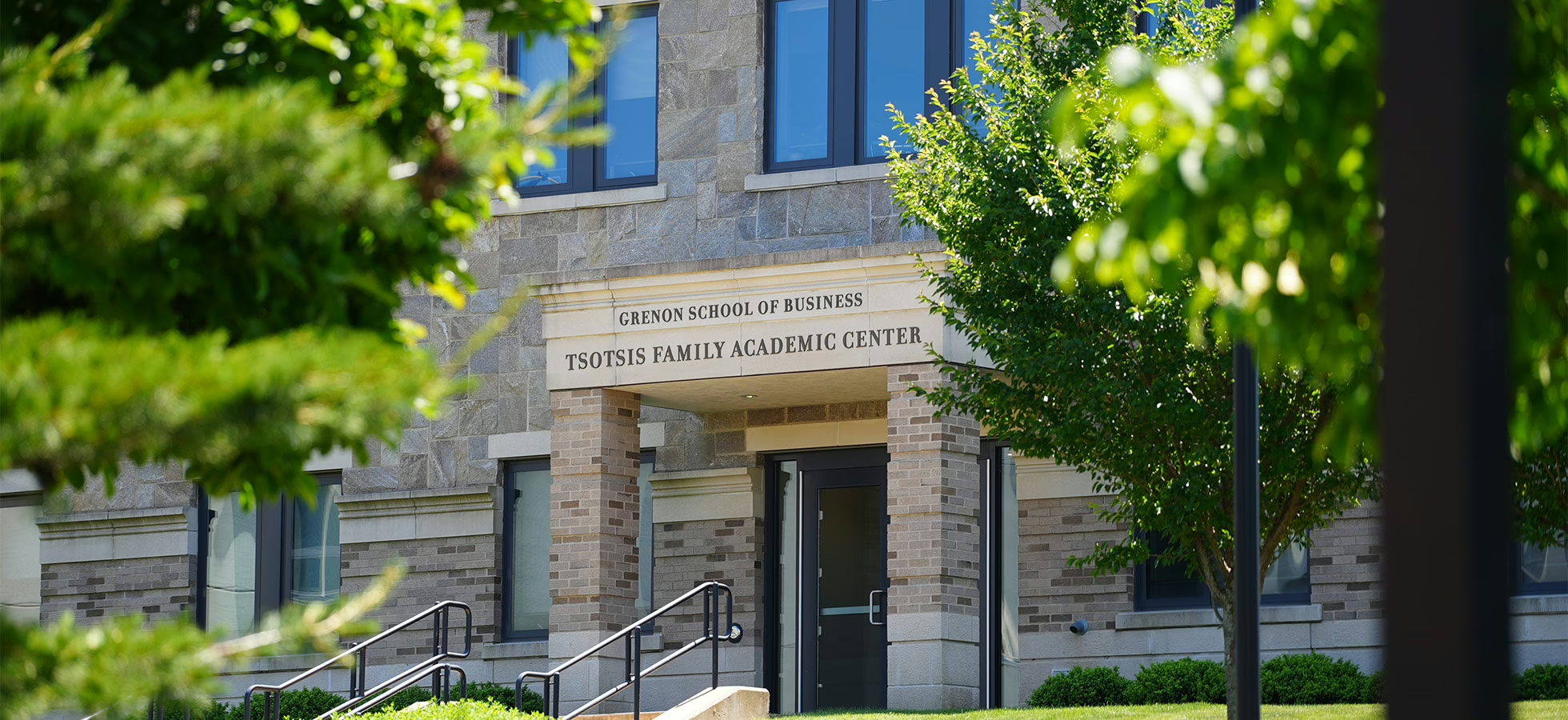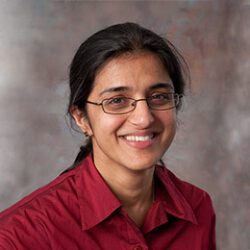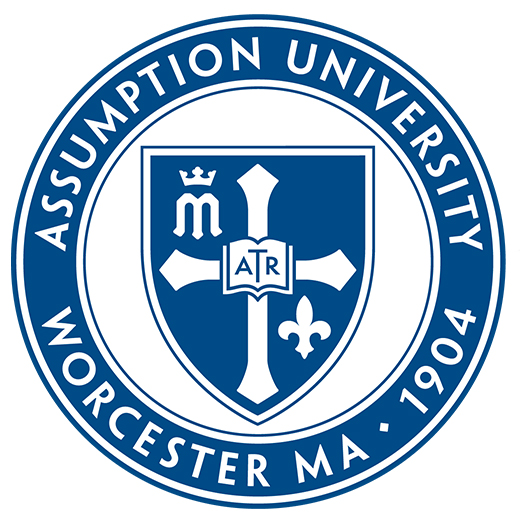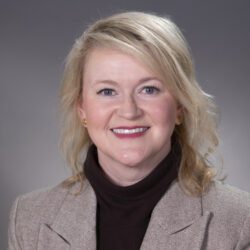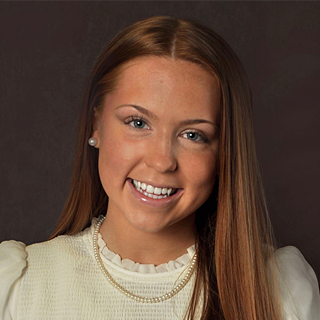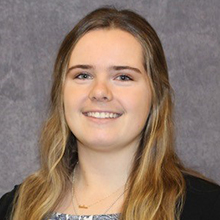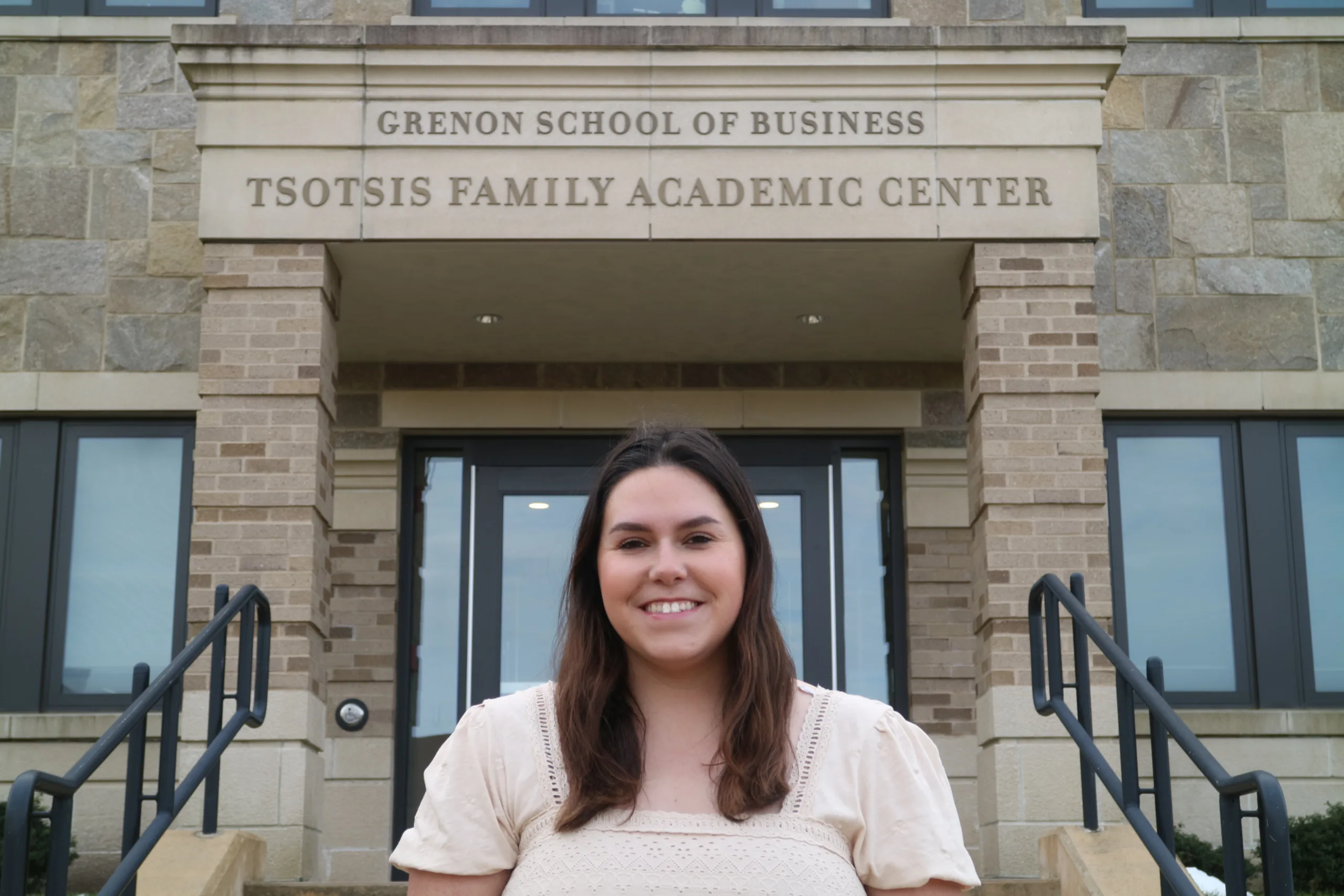Accounting That Builds Trust, Insight, and Impact
Accounting is at the heart of every responsible organization. From businesses and nonprofit organizations to government agencies, accountants play a critical role in managing financial resources, ensuring compliance, and supporting ethical, informed decision-making.
The Bachelor of Arts in Accounting at Assumption equips students with the technical expertise, analytical skills, and strong ethical foundation needed to succeed in today’s evolving financial environment. Through a rigorous combination of accounting coursework, business core classes, and a liberal arts education, students develop the practical knowledge and critical thinking skills required for careers in accounting, finance, and business leadership.
Why Earn an Accounting Degree at Assumption University?
Assumption’s Accounting program combines professional accounting preparation with a strong liberal arts foundation, producing graduates who are both technically skilled and highly adaptable.
Key Advantages of Assumption’s Accounting Program:
- One of only a few accounting programs in New England certified by the Institute of Management Accountants (IMA)
- Comprehensive preparation for CPA and CMA exams
- Coursework in auditing, taxation, financial accounting, managerial accounting, and data analysis
- Strong emphasis on ethical business practices and professional responsibility
- Broad business foundation including management, marketing, business law, and economics
- Assumption offers an Accelerated CPA track MBA program
Employers seek Assumption accounting graduates not only for their accounting knowledge, but also for their critical thinking, communication, and decision-making skills.
Accounting Curriculum & Professional Skills
Assumption’s accounting curriculum ensures students master essential accounting concepts and tools, including:
- Auditing and assurance services
- Corporate and individual tax preparation
- Financial reporting and analysis
- Information management and accounting technology
Through liberal arts and business coursework, students also develop skills in:
- Analytical reasoning
- Written and oral communication
- Ethical leadership
- Strategic financial decision-making
This well-rounded approach allows graduates to pursue accounting careers while also moving into broader business and leadership roles.
CPA & CMA Exam Preparation
The Accounting program at Assumption University prepares students to sit for professional certification exams, including:
- Certified Public Accountant (CPA)
- Certified Management Accountant (CMA)
Graduates complete the academic foundation required for licensure and are well positioned for professional success in accounting and finance.
Smriti Rao, Ph.D
Careers With an Accounting Degree
Graduates with an accounting degree from Assumption University pursue careers in:
- Public accounting firms
- Corporate accounting and finance departments
- Government and regulatory agencies
- Nonprofit organizations
- Financial analysis and management
Faculty
Experiential Learning
Learn more about experiential learning opportunities at Assumption
Contact the CDICLearn the Skills Employers Seek
Faculty/Student Research
The Assumption curriculum encourages scholarly and real-world experience. With hands-on research conducted alongside faculty mentors, students gain a depth of knowledge and skills that lead to professional success and personal fulfillment.Internships
Assumption starts planning for your future the day you arrive on campus. “Internship in Business” is a 3-credit seminar course in the Grenon School of Business that is available to juniors or seniors. The course provides hands-on experience and training, networking with professionals, and assessment of your personal career strengths and interests. You’ll spend a minimum of 120 hours working in the field. During the faculty-led weekly seminar, students discuss how organizational behavior and management concepts apply to their individual placements.CAREER PATHS
Employers that have hired Assumption University graduates
Bain Capital
Deloitte
Dell
Marcum O'Connor & Drew
TJX Companies
Hanover Insurance Group
See Assumption University In Person
From our state-of-the-art academic buildings and exceptional academic programs to our welcoming and supportive community, Assumption isn't just a university - it's the place you can call home. Visit us and see why.
Assumption is dedicated to providing a clear understanding of what your education will cost
Career Opportunities
Students are qualified for career opportunities in:
- Staff and independent auditing
- Internal auditing (corporate employees)
- Government auditing
- Corporate accounting
- Government and non-profit accounting
- Forensic accounting including white-collar crime
- Banking
- Tax accounting

